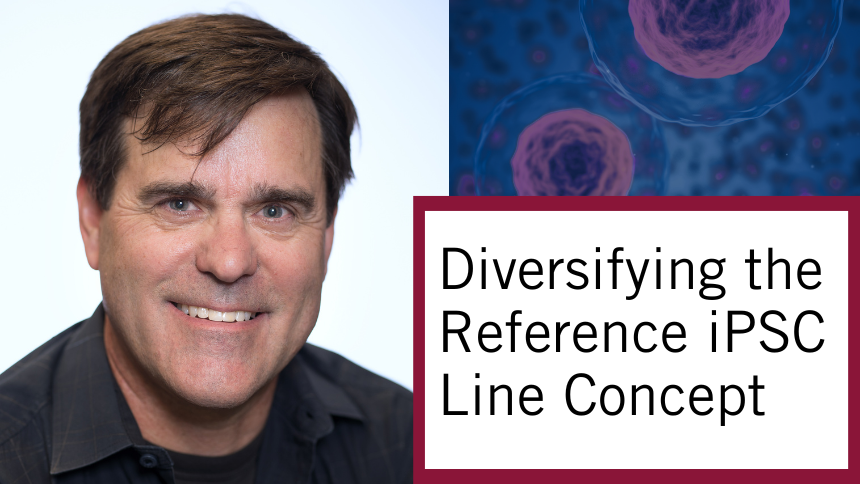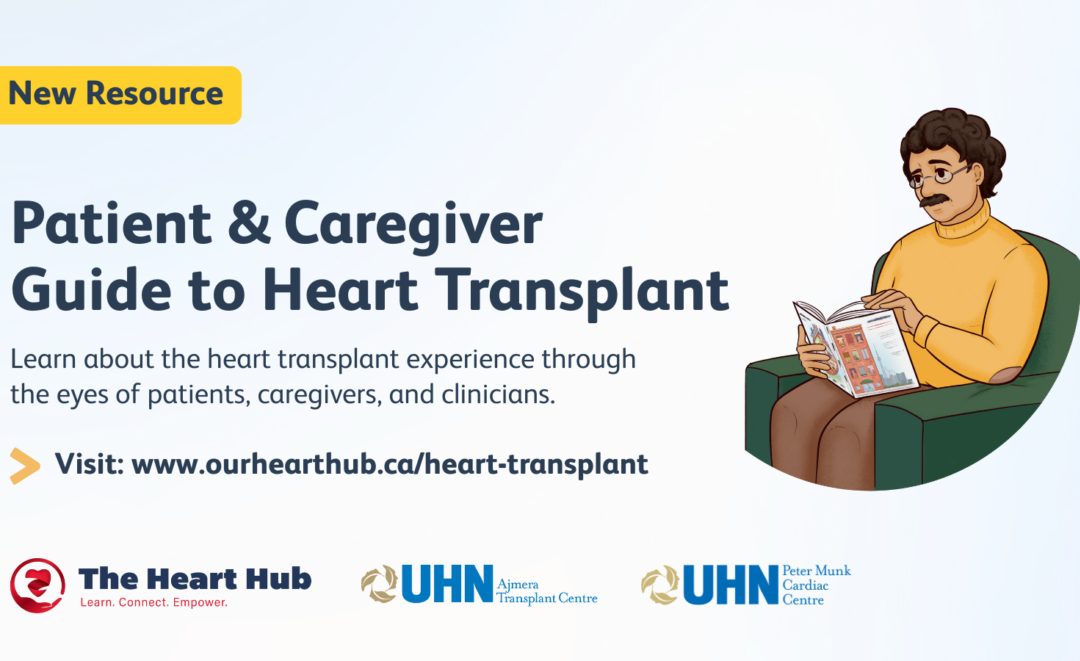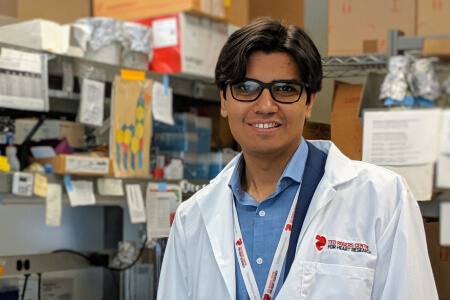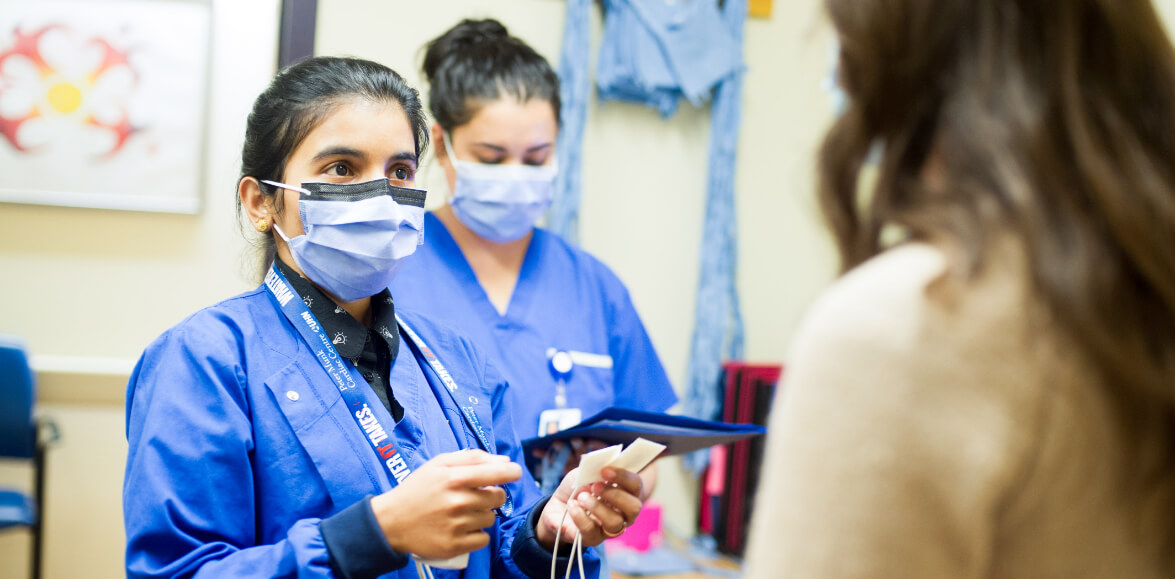Ted Rogers Nursing Professors continue to spearhead initiatives to better support patients with heart failure. They are the engines that drive the use of digital health innovations, ensure person-centred care in sensitive times such as end-of-life, and empower patients with greater health literacy.
Our clinical nursing professors specialize in heart failure, and focus on quality improvement and education. They ensure that the clinical, education, and quality improvement goals of the program are on target and that patients with heart failure transition smoothly through the medical system.
They also lead groundbreaking advances in care, such as remote management, a virtual titration clinic to get patients on the right dosage quickly, a home IV inotrope program for palliative patients, standardizing ICD deactivations, and the first use of CardioMEMS – a wireless device implanted in patients through which they can monitor status remotely.
Our Nursing Research Professor advances many strategic priorities that focus on patient engagement, advanced care planning, treatment decisions, and quality improvement. One area of focus was implementing “Patient Reported Outcomes Measurement” (PROMS) during visits to clinic, a valuable element in better heart failure outcomes.














